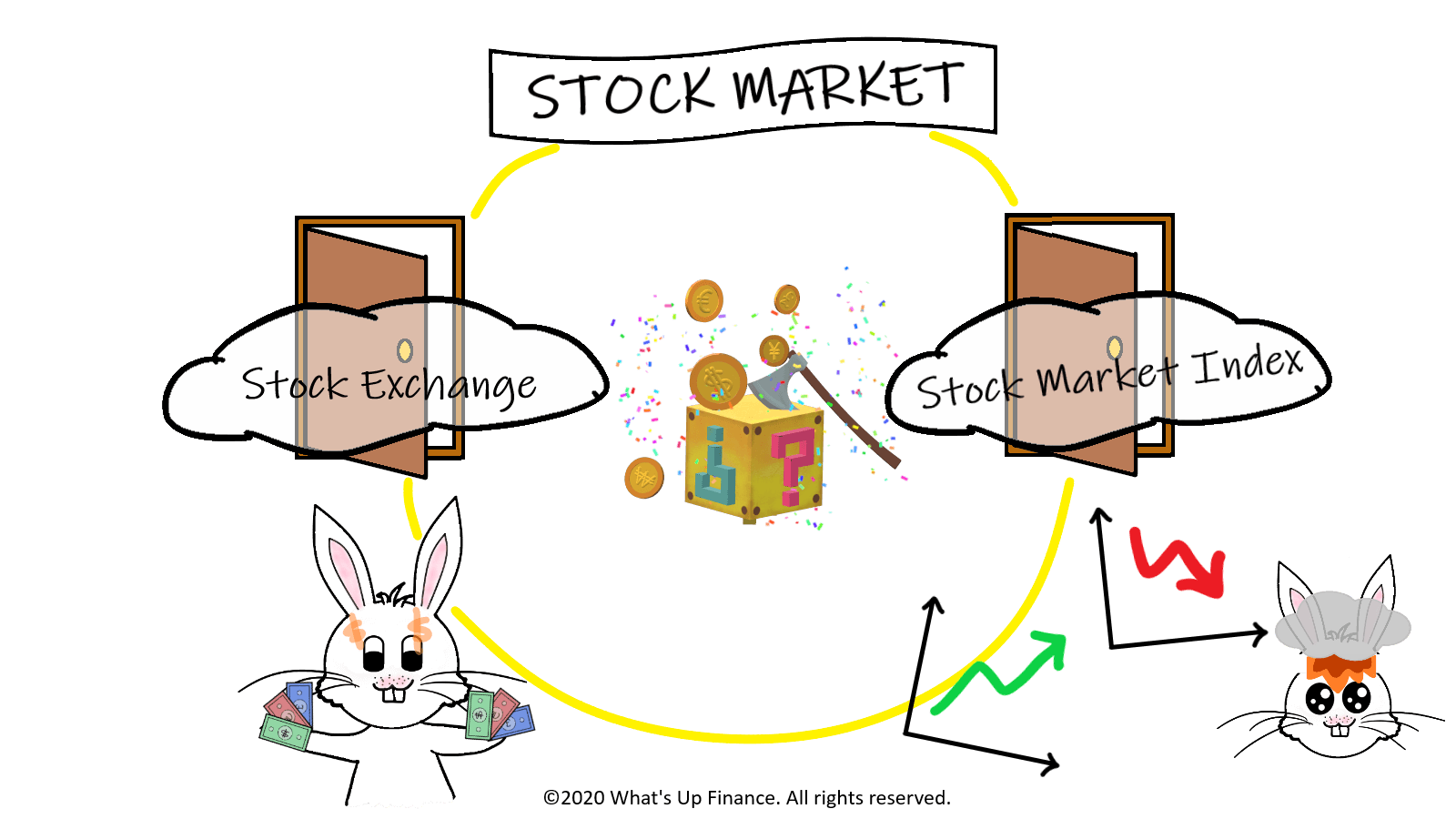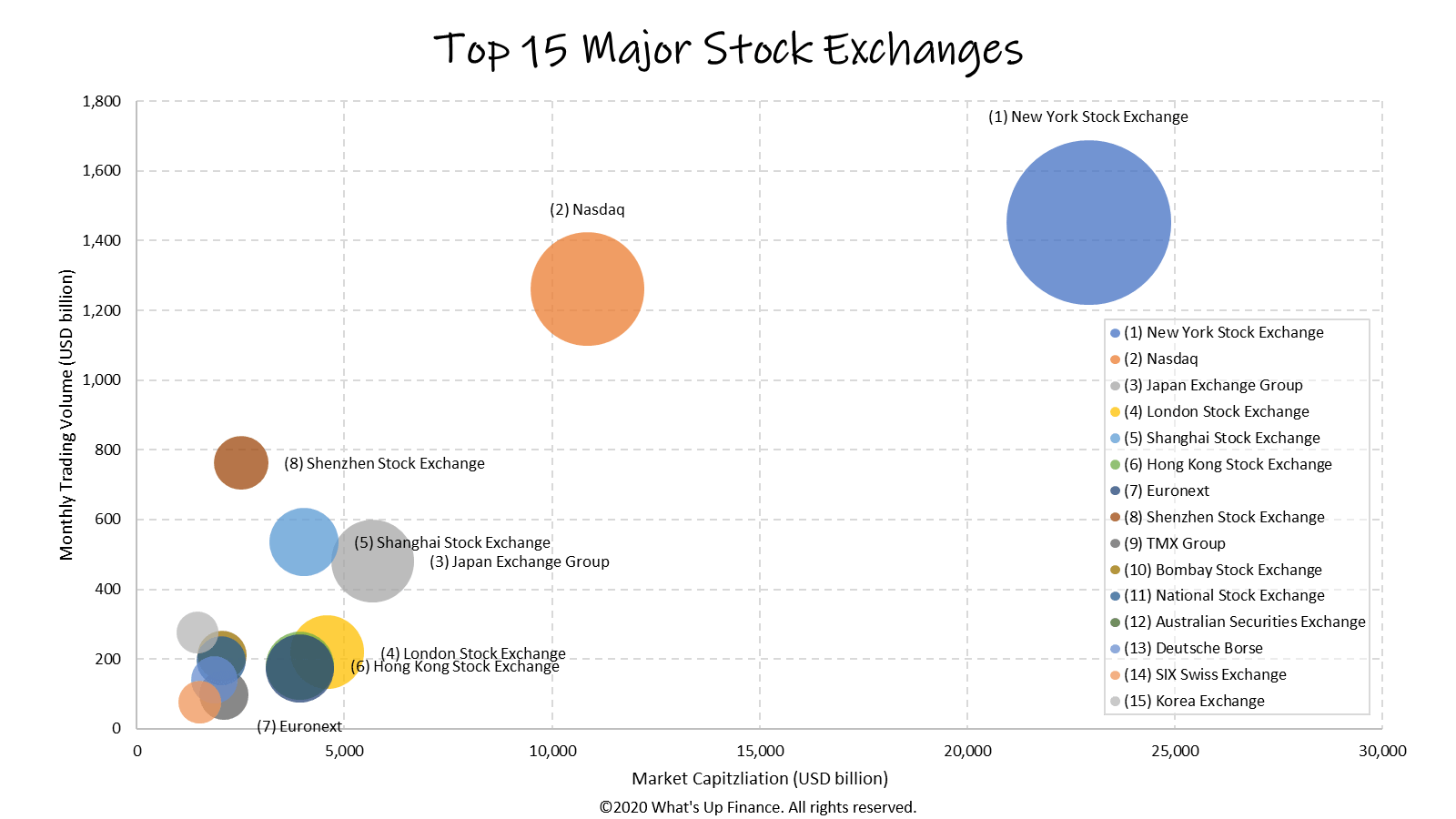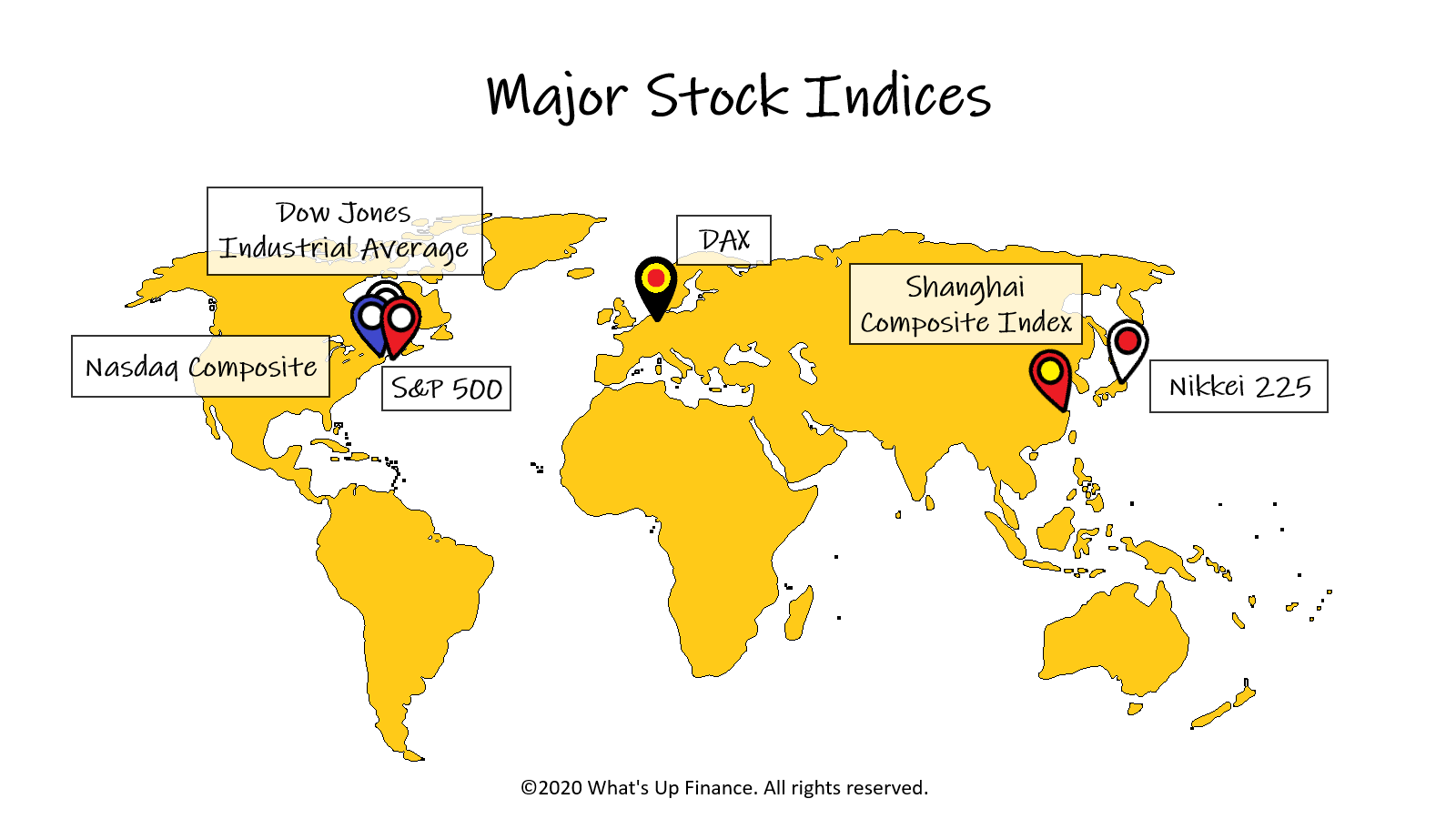Stock market definitely has its allure with the potential to make lots of money; however, you can also lose all your hard-earned savings. Even for those who do not actively invest in stocks, your retirement savings could be impacted if it is deposited in some retirement investment account managed by a third party. This begs the question, how does the stock market work?
What Is A Stock Market?
Broadly speaking, a stock market is a place where buyers and sellers transact on the exchange of stocks. A stock represents a partial claim or ownership of the company. A stock can be bought (i) on a public stock exchange if it is publicly listed, or (ii) privately among investors. Given there is little to no information available on privately traded stocks, the public stock market is the one quoted in news and followed by economists, bankers, traders, institutional and retail investors alike. For this post, we will focus on publicly listed stocks. These stocks are bought and sold on stock exchanges.

What Are Stock Exchanges?
A stock exchange (or more broadly securities exchange or bourse) is a marketplace where stockbrokers and traders can buy and sell securities, typically shares of stock, bonds and other financial instruments. In order for a security (whether stock or bond) to be traded on a stock exchange, the company needs to list its securities on the exchange.
There are many stock exchanges in the world and not all stocks are listed on the same exchange. There are currently 16 stock exchanges in the world that have a market capitalization of over US$1 trillion each. Unsurprisingly, the top stock exchanges reside in the top global economic powerhouses of the world: United States, China, Japan and the United Kingdom.
Below are some of the largest stock exchanges by market capitalization:
- New York Stock Exchange (NYSE)
- Nasdaq (NASDAQ)
- Japan Exchange Group (JPX)
- London Stock Exchange (LSE)
- Shanghai Stock Exchange (SSE)
- Hong Kong Stock Exchange (SEHK)

Note that a stock exchange is a secondary market, which means that the buyers and sellers come together to buy and sell from each other and not directly from the company. It is important for companies to list the shares on the exchanges because having a broad marketplace facilities liquidity. In very simple terms, a stock exchange is like eBay, where buyers and sellers can aggregate to buy and sell secondhand or refurbished Dyson cordless vacuums at the listed price.
So how do companies list their securities on an exchange? Companies sell shares to investors through an initial public offering (IPO) with the help of underwriters. During this process, they will also choose which stock exchange they will issue the shares and have them subsequently traded publicly. Sometimes a company chooses to list its shares on multiple exchanges. One such example is Brookfield Property Partners LP, which is listed on both TSX (TSE: BPY.UN) and NASDAQ (NASDAQ: BPY).
What are Stock Indices?
While stock exchanges are where company shares are bought and sold, they are not what we typically hear in the news. Whether it is a bull or bear market, people generally refer to movement in the stock market indices. A stock market index measures the stock performance of a basket of companies listed on stock exchanges. This helps investors to compare the current prices to past prices to determine market performance. Below are a handful of some of the most quoted stock indices:
- Dow Jones Industrial Average
- S&P 500
- Nasdaq Composite
- Nikkei 225 Index
- DAX
- Shanghai Composite Index

Different indices track performance of different baskets of stocks. For example, S&P 500 index tracks the performance of 500 large companies listed on stock exchanges in the US. Nasdaq Composite, which tracks the securities listed on NASDAQ stock exchange, is heavily weighted towards information technology companies. The DAX tracks the performance of the 30 major German companies trading on the Frankfurt Stock Exchange.

